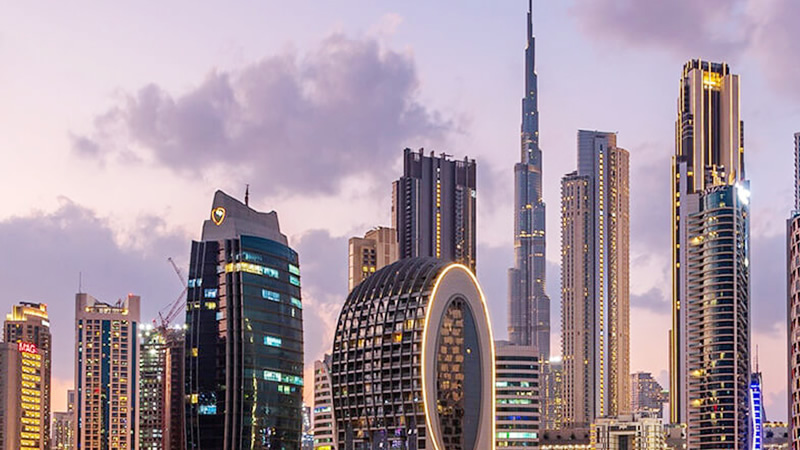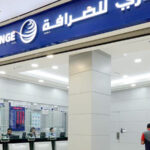
In a significant shift, Dubai’s property market in 2024 is seeing the emergence of the ‘1% monthly’ payment plan, increasingly becoming a popular option for buyers, especially in villa projects. This trend marks a departure from the traditional lump-sum payments of 10-20% every few months and is aimed at easing the financial burden on buyers by allowing them to stagger their payments more manageably.
Developers are refocusing their strategies towards end-user buyers, a group that is expected to make a strong comeback in the market this year. The 1% monthly payment plan, initially introduced by Danube, a Dubai-based developer, has been pivotal in attracting end-user buyers for offplan properties. This method has become a cornerstone for Danube, and other developers are now following suit, recognizing its effectiveness in driving sales.
The introduction of this payment model reflects the evolving dynamics in Dubai’s real estate market. After three years of remarkable growth and an offplan property boom, market experts anticipate a period of stabilization. In this new phase, attracting end-user buyers is crucial for the sustained health of the property market. Major master-developers like Emaar, Nakheel, Meraas, and Aldar are still retaining traditional selling patterns, but many other developers are finding success with the 1% monthly plan, which is being hailed as the current “sweet spot” for offplan launches.
Another factor influencing this shift is the tightening mortgage market in Dubai. With home loan rates now exceeding 5%, and the considerable rise in property values in recent years, end-user buyers are facing increased financial pressure. The 1% monthly plan, and in some cases, even a 1.1% option, offers them a more feasible entry point into property ownership. It also provides clearer visibility on future funding needs, particularly when it comes to taking out mortgages for the remaining payments.
Developers are also adjusting their upfront payment requirements, with some lowering them to as low as 5%. Additionally, payment periods are becoming more extended and flexible. For instance, Expo City’s latest offerings include apartments and townhouses with payment periods extending up to 8 years, aligning well with end-user demand and handover timelines.
In 2024, the focus is not just on attracting buyers but also on timely project completion. Developers with a track record of meeting deadlines are likely to gain an edge in a market flooded with offplan launches. Meeting promised delivery dates is becoming a significant factor in standing out in the competitive real estate landscape.
Moreover, developers now face new corporate tax obligations on unsold units beyond a certain time period, adding another layer of complexity to the offplan market. This requires careful management by developers to avoid potential tax liabilities. However, it’s worth noting that standard property transactions involving individual investors and rental income remain exempt from these new tax rules in the UAE.
As the Dubai property market adapts to these changes, buyers are advised to consider these new flexible payment plans and extended payment periods while making their investment decisions.




